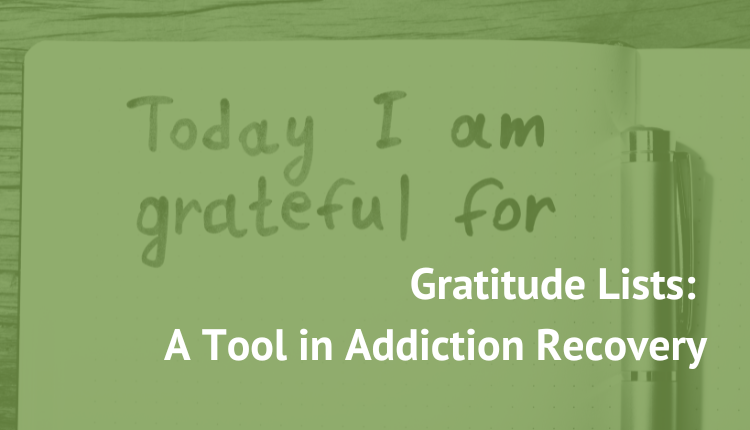Gratitude as a Recovery Tool: A Professional’s Guide to Maintaining Sobriety
In Northern Virginia’s high-pressure professional environment, maintaining recovery requires sophisticated tools and strategies. While gratitude might seem simple, research shows it’s a powerful component of lasting recovery, particularly for executives balancing career demands with sobriety.
The Science of Gratitude in Recovery
Recent studies demonstrate gratitude’s role as “recovery capital” – resources that support sustained sobriety. Research published in Addiction Research & Theory reveals that individuals who practice gratitude show:
- Improved stress management
- Enhanced decision-making capabilities
- Stronger professional relationships
- Better emotional regulation
- Increased resilience
Professional Integration
At New Paradigm Recovery, we help executives incorporate gratitude practices that align with their professional lives:
Morning Practice (5 minutes)
- Acknowledge three professional opportunities
- Recognize two supportive colleagues
- Identify one personal growth area
Evening Reflection (5 minutes)
- Document daily achievements
- Acknowledge challenges navigated
- Recognize support received
Family System Benefits
Gratitude practice extends beyond individual recovery to strengthen family relationships. Partners and children often report improved communication and connection when gratitude becomes part of the family routine.
The NPR Approach
Our concierge-level program integrates gratitude work with evidence-based treatment through:
- Individual therapy exploring gratitude’s role in recovery
- Professional peer group discussions
- Family system integration
- Executive mindfulness training
- Career preservation strategies
Practical Application
For busy professionals, we recommend:
- Digital gratitude journaling between meetings
- Brief mindful moments throughout workday
- Recognition practices in leadership
- Family gratitude rituals
- Team appreciation strategies
Building Sustainable Practice
“Gratitude isn’t just about feeling good,” explains our clinical team. “It’s about building neural pathways that support long-term recovery while enhancing professional performance.”
Taking Action
Contact New Paradigm Recovery at 703.214.5888 for a confidential consultation about incorporating evidence-based recovery tools into your professional life. Our experienced team understands the unique challenges faced by executives in the DC Metro area.
Remember: Recovery tools should enhance, not hinder, your professional success. Our person-centered approach ensures strategies that work within your career demands while supporting lasting recovery.
1 Chen, G. (2017). Does gratitude promote recovery from substance misuse?. Addiction Research & Theory, 25(2), 121-128. https://psycnet.apa.org/record/2017-06056-004
2 LaBelle, O. P., & Edelstein, R. S. (2018). Gratitude, insecure attachment, and positive outcomes among 12-step recovery program participants. Addiction Research & Theory, 26(2), 123-132. https://psycnet.apa.org/record/2018-04334-005
3. Charzyńska, E. The Effect of Baseline Patterns of Spiritual Coping, Forgiveness, and Gratitude on the Completion of an Alcohol Addiction Treatment Program. J Relig Health (2021). https://doi.org/10.1007/s10943-021-01188-8

